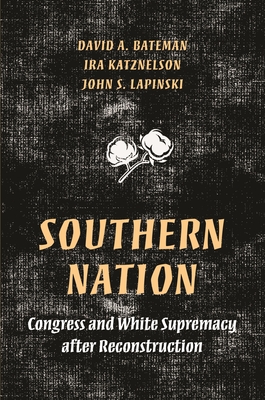Expedite your nonfiction book discovery process with Readara interviews, summaries and recommendations, Broaden your knowledge and gain insights from leading experts and scholars
In-depth, hour-long interviews with notable nonfiction authors, Gain new perspectives and ideas from the writer’s expertise and research, Valuable resource for readers and researchers
Optimize your book discovery process, Four-to eight-page summaries prepared by subject matter experts, Quickly review the book’s central messages and range of content
Books are handpicked covering a wide range of important categories and topics, Selected authors are subject experts, field professionals, or distinguished academics
Our editorial team includes books offering insights, unique views and researched-narratives in categories, Trade shows and book fairs, Book signings and in person author talks,Webinars and online events
Connect with editors and designers,Discover PR & marketing services providers, Source printers and related service providers

Southern Nation: Congress and White Supremacy After Reconstruction
Political Science > Public Policy - General
- Princeton University Press
- Hardcover
- 9780691126494
- 9.3 X 6.5 X 1.5 inches
- 1.8 pounds
- Political Science > Public Policy - General
- (Single Author) Asian American
- English
Readara.com
Book Description
How southern members of Congress remade the United States in their own image after the Civil War
No question has loomed larger in the American experience than the role of the South. Southern Nation examines how southern members of Congress shaped national public policy and American institutions from Reconstruction to the New Deal--and along the way remade the region and the nation in their own image.
The central paradox of southern politics was how such a highly diverse region could be transformed into a coherent and unified bloc--a veritable nation within a nation that exercised extraordinary influence in politics. This book shows how this unlikely transformation occurred in Congress, the institutional site where the South's representatives forged a new relationship with the rest of the nation. Drawing on an innovative theory of southern lawmaking, in-depth analyses of key historical sources, and congressional data, Southern Nation traces how southern legislators confronted the dilemma of needing federal investment while opposing interference with the South's racial hierarchy, a problem they navigated with mixed results before choosing to prioritize white supremacy above all else.
Southern Nation reveals how southern members of Congress gradually won for themselves an unparalleled role in policymaking, and left all southerners--whites and blacks--disadvantaged to this day. At first, the successful defense of the South's capacity to govern race relations left southern political leaders locally empowered but marginalized nationally. With changing rules in Congress, however, southern representatives soon became strategically positioned to profoundly influence national affairs.
Author Bio
David Bateman is an Associate Professor of Government. His research focuses broadly on democratic institutions, including legislatures and political rights, and as well as on ideas and ideologies of democracy, race, and racism. He has published articles in Studies in American Political Development, the American Journal of Political Science, Public Choice, Perspectives on Politics, and The Forum.
His co-authored book, Southern Nation: Congress and White Supremacy after Reconstruction, examines the role of southern members of Congress in shaping national policy from the end of Reconstruction until the New Deal. His second book, Disenfranchising Democracy: Constructing the Electorate in the United States, the United Kingdom, and France, examines the concurrent expansion of political rights alongside mass disenfranchisement in these three countries. He is currently researching Black political and labor organizing in the early 20th century and its impact on US state-building and ideologies.
Source: Cornell University
Videos


Community reviews
No Community reviews

